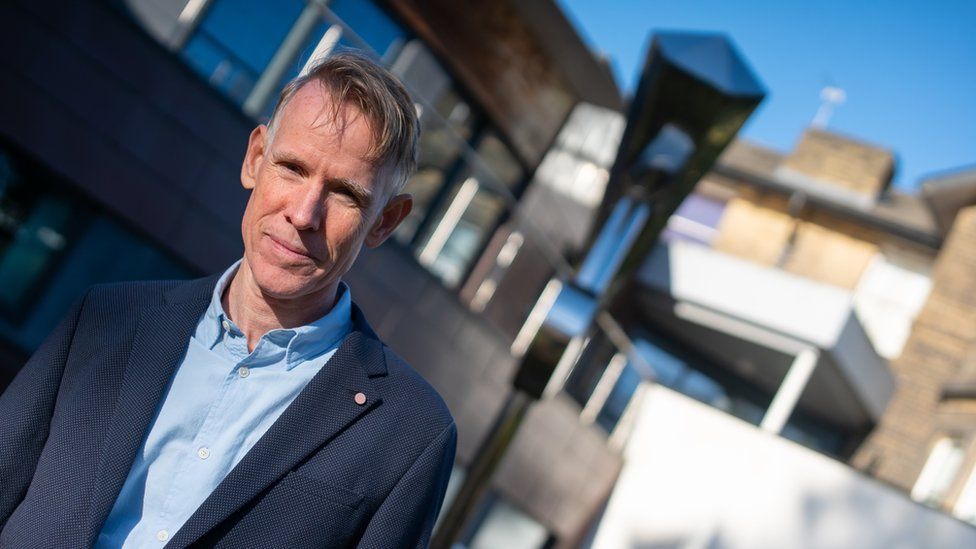Pupils who have lost six months of schooling can expect to lose approximately £40,000 each in income over their lifetime.
The cost of lost schooling to children affected by pandemic-related school closures has been estimated at £350bn.
A report by the Institute for Fiscal Studies says that pupils who have lost six months of normal schooling could lose approximately £40,000 each in income over their lifetime.
For 8.7 million school children in the UK, this makes a total of around £350bn and a “massive injection” of resources is needed to help them catch up, the IFS said.
The paper suggested learning time could be maximised by allowing students to repeat a school year, lengthening the school day, or extending the academic year.
The IFS paper warned: “Without significant remedial action, lost learning will translate into reduced productivity, lower incomes, lower tax revenues, higher inequality and potentially expensive social
“The lack of urgency or national debate on how to address this problem is deeply worrying.
“The necessary responses are likely to be complex, hard and expensive. But the risks of spending ‘too much’ time or resources on this issue are far smaller than the risks of spending too little and letting lower skills and wider inequalities take root for generations to come.”
Luke Sibieta, research fellow at the IFS, said: “The inescapable conclusion is that lost learning represents a gigantic long-term risk for future prosperity, the public finances, the future path of inequality and wellbeing.https://interactive.news.sky.com/2020/covid-19-coronavirus/world-country-rates/index.html
“We therefore need a policy response that is appropriate to the scale of the problem. One useful benchmark is the £30bn it normally costs for half a year of schooling in the UK.
“That doesn’t mean we need to spend that much. But it does strongly suggest that the £1.5bn allocated across the UK so far doesn’t even start to match the scale of the challenge. A much larger policy response would allow us to consider radical and properly resourced ways to help pupils catch up.”
It comes after Prime Minister Boris Johnson wrote an open letter to parents saying he was “in awe” of the way they had risen to the challenge of educating children at home, in many cases while working from home themselves.
But James Turner, chief executive of social mobility charity the Sutton Trust, said the long months of disruption would have “repercussions for many years to come”.
Geoff Barton, general secretary of the Association of School and College Leaders, said: “The government will need to put in place much more substantial catch-up funding to repair the damage to education caused by the pandemic, and all of this funding needs to go directly to schools and colleges.”
A government spokesperson said: “We will invest a further £300m in tutoring programmes, building on the existing £1bn COVID Catch Up Fund, but the prime minister was clear last week that extended schools closures have had a huge impact on pupils learning, which will take more than a year to make up.
“The government will work with parents, teachers and schools to develop a long-term plan to make sure pupils have the chance to make up their learning over the course of this parliament.”












